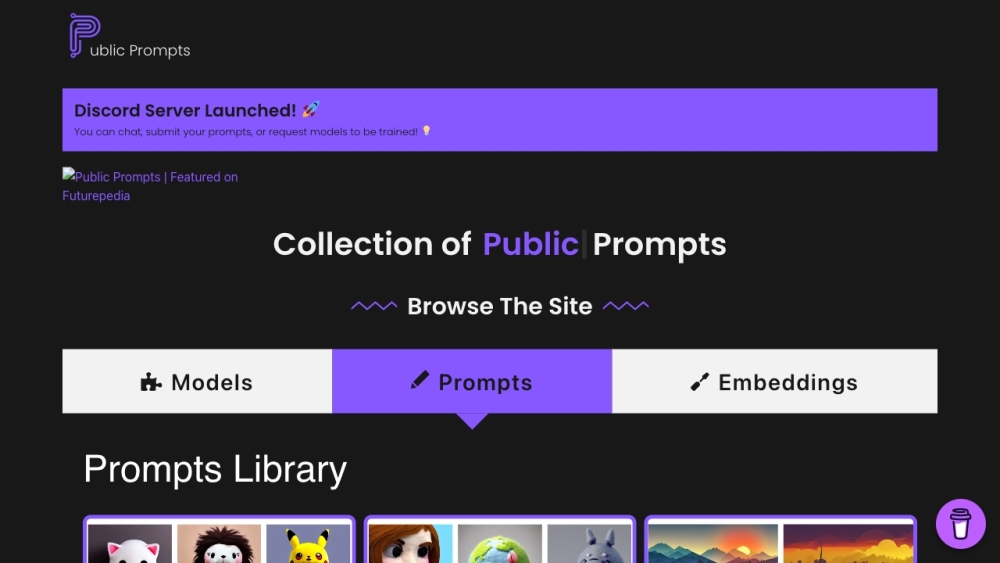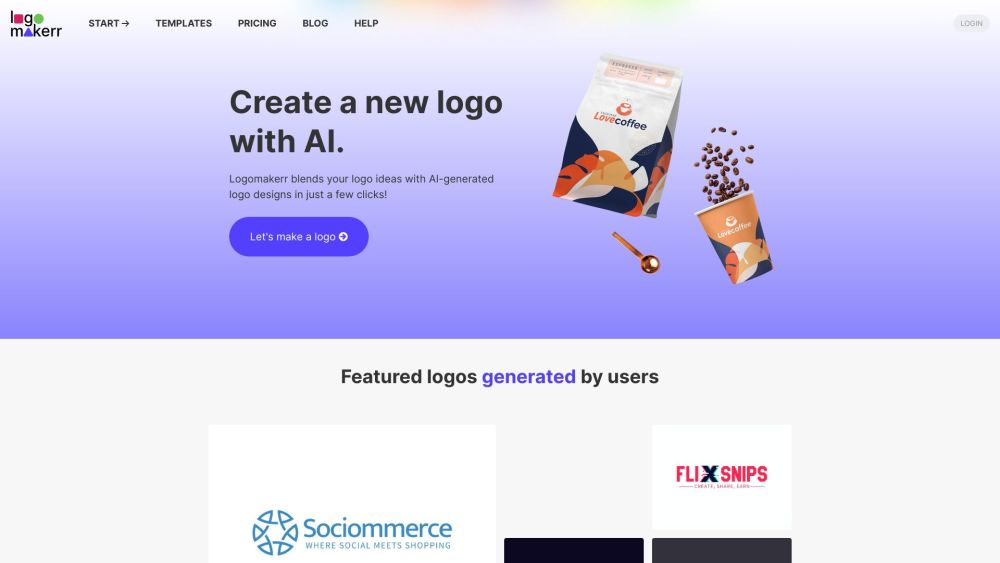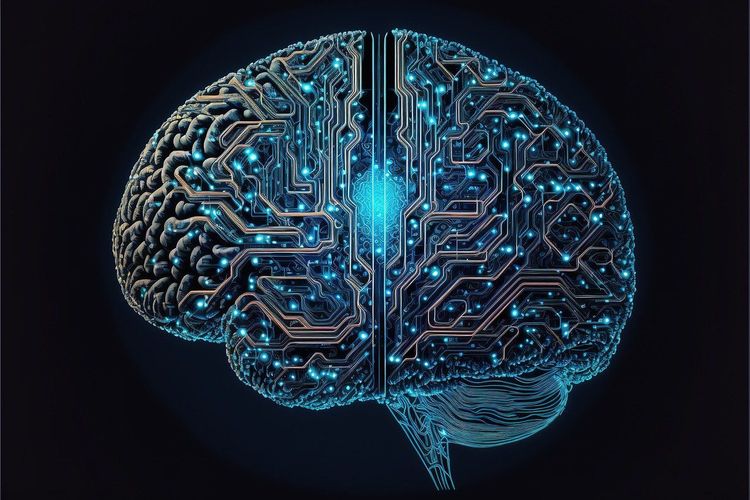OpenAI envisions its conversational AI, ChatGPT, being integrated into classrooms, despite concerns about potential misuse and confusion. Addressing these challenges, the company has proposed several innovative applications for teachers to utilize the system, moving beyond its typical function as a “research assistant” for students.
The chatbot has stirred controversy, particularly due to the risk of plagiarism. Educators worldwide have caught or suspected students of using ChatGPT to produce essays or complete take-home quizzes. Opinions on this practice vary widely, with some viewing it as cheating and others seeing it as a legitimate tool. Regardless, it undeniably complicates lesson plans across the globe.
In an effort to reshape the perception of ChatGPT in education, OpenAI has outlined several compelling ways for teachers to harness its capabilities in the classroom. For instance, ChatGPT can assist language learners, particularly in English, by aiding in translation and enhancing writing skills. While the system may occasionally provide incorrect information, it is generally grammatically accurate, making it a useful resource for both young students and adult learners alike.
Additionally, OpenAI highlights suggestions from educational experts, emphasizing that the tool can be beneficial for generating new test questions and conducting mock job interviews. A particularly relevant insight comes from Geetha Venugopal in Chennai, India, who encourages students to critically evaluate the reliability of AI-generated responses.
In her classroom, she instructs students to be cautious about the credibility of ChatGPT’s answers and to verify information through additional primary sources. Her aim is to cultivate their critical thinking, problem-solving, and creativity—skills that are invaluable in today’s world.
Importantly, a common concern raised in FAQs is how to identify AI-generated content presented as a student’s own work. OpenAI does not shy away from addressing this issue candidly, noting that current AI detection tools are not reliable.
They caution against misleading queries like “Did you write this?” as they misinterpret the model’s function. Moreover, simple edits can easily bypass detection, illustrating the challenge educators face. OpenAI promotes transparency by encouraging students to share their work and draft conversations with AI, ensuring they do not merely rely on the tool for answers.
To further assist educators, OpenAI provides extensive prompts designed to position ChatGPT as a tutor or instructional assistant. These prompts guide teachers in crafting lessons that leverage the AI’s strengths while avoiding over-reliance.
As AI systems like ChatGPT become more entrenched in education, the potential for misuse remains a concern. Yet, history shows that students and educators have always adapted to new technologies. The challenge lies in embracing these tools and making them a constructive part of the learning process.
Explore the Future of Education with AI: Insights on ChatGPT and OpenAI





